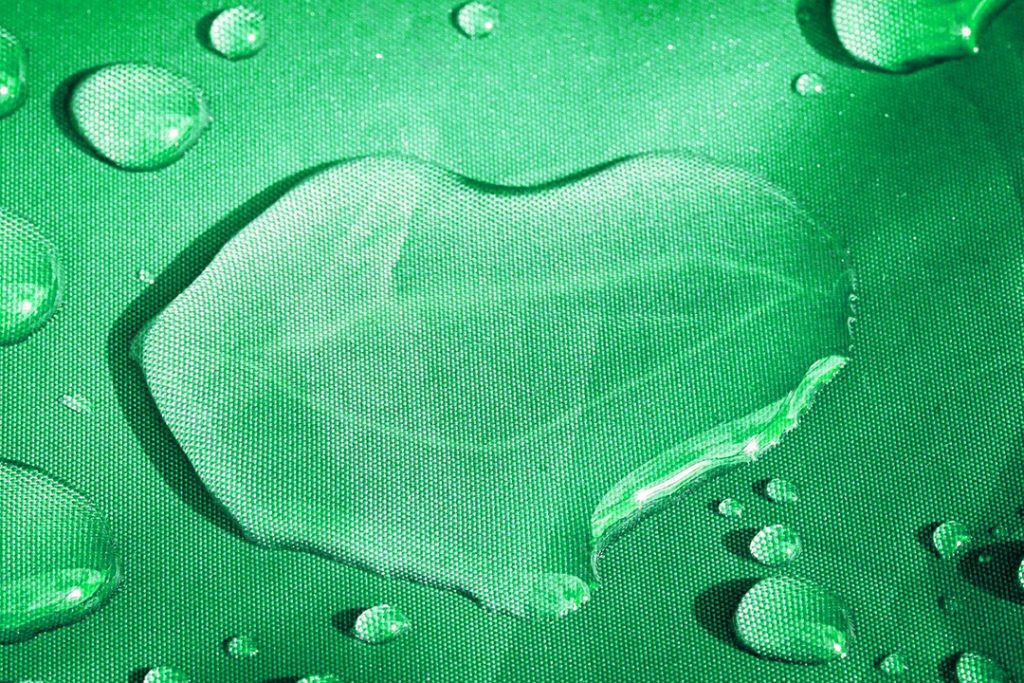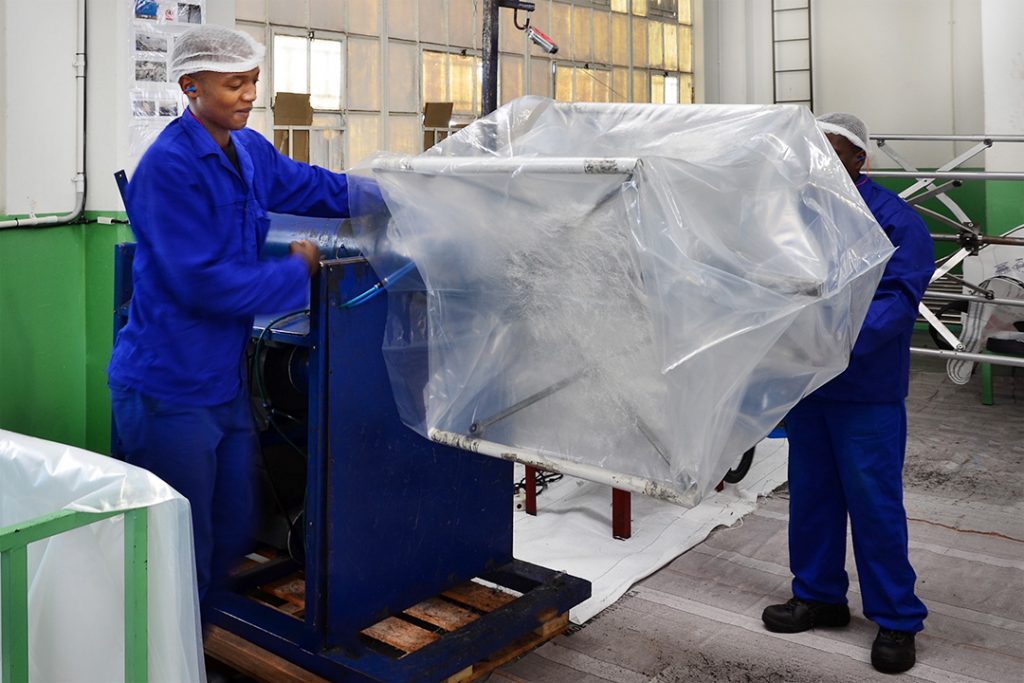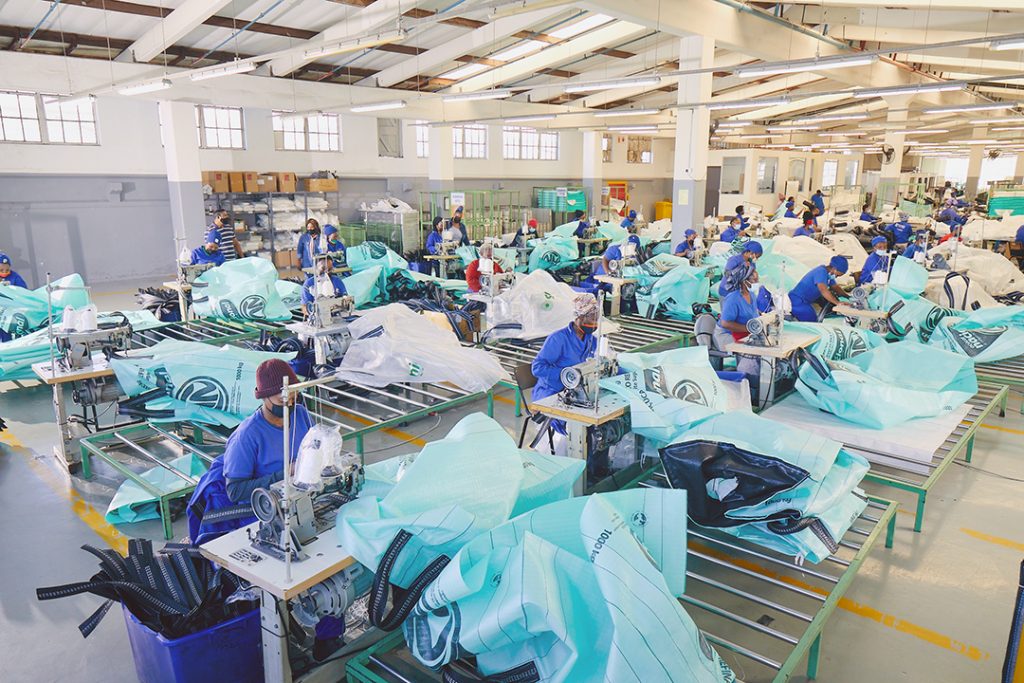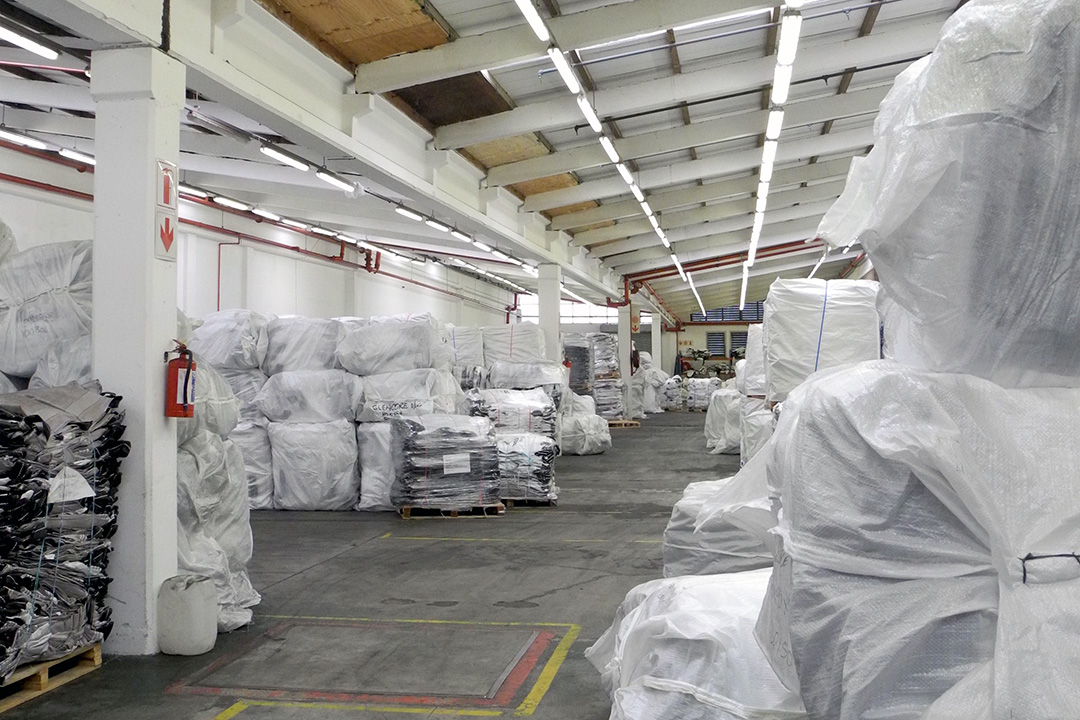Many dry powders and fine-grained materials need to be protected from water and moisture during shipping and storage. This is especially true for flowable powders as any moisture will cause them to clump and prevent them from being discharged easily. Some dry powders, like cement, will also solidify when exposed to moisture.
Packaging plays a critical role in this process. Bulk bags, also called flexible intermediate bulk containers (FIBCs) are a durable and versatile packaging solution with superior moisture protection properties. As a plastic-based packaging container, bulk bags are inherently water-resistant, but additional packaging elements may be needed to make them completely moisture-proof.
Certain chemicals, such as Quicklime and spent catalysts, can also react to water and produce a large amount of heat and gas. This is an obvious safety hazard, so chemical producers and businesses that work with these dry substances need to ensure that their packaging is reliable and effective.
Custom Bulk Bags is a leading manufacturer and supplier of high-quality bulk bags in South Africa. We produce up to 3.5 million bulk bags per year for various customers. All of our bulk bags have a minimum safety factor rating of 5:1 and are manufactured in accordance with international regulations and standards.

Five ways to protect dry products from moisture
1. Spec your bulk bags with an inner liner: An additional plastic film or foil liner is the best form of protection against moisture. It completely seals the dry material and prevents moisture intrusions as well as product sifting. The woven polypropylene (PP) fabric of a bulk bag has minute holes between the individual tapes. This means that extremely fine-grained powders can sift through the gaps of the external fabric.
Inner liners are designed to fit perfectly inside the bulk bags and can be loosely inserted or attached with tabs. Depending on your needs and transport requirements, we can determine the best method of insertion for your business. Inner liners are recommended for foods, ultra-fine materials, refractories or cement, as well as hazardous chemicals.
2. Coat the exterior of the FIBC: A coated bulk bag is one that has a thin laminate sprayed onto the external fabric. This is usually a thin layer of PP about one millimetre thick. It is effective at preventing moisture transmission and airflow through the fabric, but if the laminate is not applied meticulously, small holes can still go unnoticed.
This coating does not lend any strength to the bulk bag, but it can also help to protect the PP fabric against UV rays and damage from exposure to the elements. Coated FIBCs have a longer shelf life than uncoated ones. These bags are recommended for particle sizes smaller than 125 microns or 120 mesh.

3. Use a poly cover over the bulk bag: A poly cover is a simple PP sleeve that slips over the entire bulk bag, like an outer liner. These are often used to protect uncoated FIBCs from rain and sun damage while being shipped or stored in open warehouses. The covers come in a variety of sizes and thicknesses, and they can be attached to wooden pallets with strapping to prevent them from blowing off or sliding up. These covers are a temporary solution for moisture protection.
4. Shrink wrap the filled bulk bag: Some companies simply wrap their filled bulk bags with cling film or a heat shrink wrap. This is also a temporary solution but it is quite effective in preventing moisture ingress. However, it is also a fairly wasteful practice as the cling film or shrink wrap is thrown away after use. In addition, it requires a few extra steps in the process which can create time delays.
5. Insert a slip sheet between FIBCs: Another temporary solution is to slide a sheet of plastic between bulk bags when they are placed inside a container or warehouse. This stops moisture from flowing between bags. Slip sheets are also placed between FIBCs and the floor to prevent ground moisture from accumulating underneath bottom-layer bags.

Choose a reputable FIBC supplier
Be sure to choose a bulk bag manufacturer or supplier that offers high-quality FIBCs with all of the necessary optional extras, such as inner liners and coatings. Working with a local supplier will also reduce lead times and have a cost-saving advantage as packaging materials do not need to be imported.
Before placing an order of bulk bags, be sure to speak to one of our expert consultants for advice and customisation tips. They will guide you through the specification process and ensure that you get the perfect packaging solutions for your needs. For more information about our bulk bags, please contact us today.
___
Custom Bulk Bags is a leading South African manufacturer of woven polypropylene bags for various industries, such as mining, chemicals and food. We are able to produce over 3.5-million bulk bags per year, keeping our customers in stock at all times. Our bags adhere to the highest levels of quality as a result of our stringent in-house testing and quality control programmes.
Custom Bulk Bags holds ISO 9001 certification and we currently have a number of UN-certified designs. We are a Level 2 B-BBEE manufacturer and supplier and fall under the ownership structure of Deneb Investments Limited. For more information on our products, contact sales@custombulkbags.co.za. Follow us on Facebook for our latest news and industry insights.
